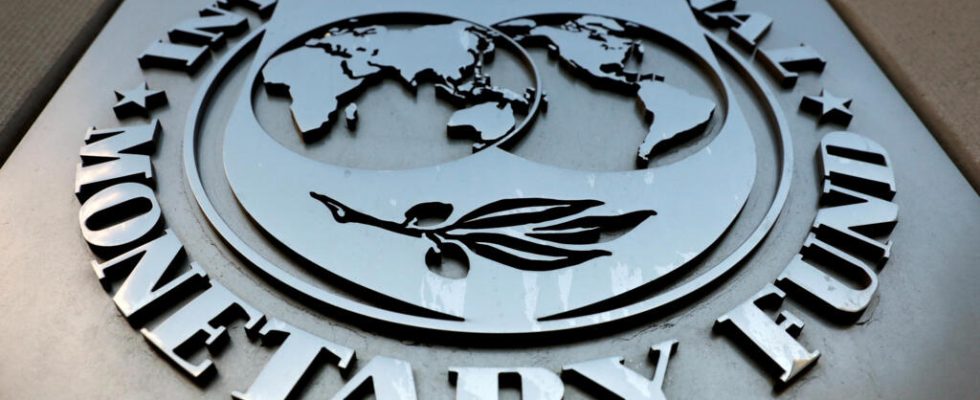It is both to alleviate the country’s financial problems and enable the government to pursue its development plan that the IMF has agreed to disburse 3.5 billion dollars over the next three and a half years. A solid program that spans forty months. Rising to the challenges for the economic engine of West Africa. Negotiations began last December.
Initially, last year, Alassane Ouattara did not want an IMF plan, says a source close to the negotiations. The Ivorian president was anxious not to go under the caudine forks of an institution often synonymous with financial interference. But he had to face the facts.
With the war in Ukraine and its consequences, inflation and rising interest rates, the budgetary balances of Côte d’Ivoire were threatened. Subsidy spending on basic products weighs on public accounts.
And on the other hand, tax revenues are worse than expected. The resulting deterioration in the public accounts explains why the 2.6 billion dollars initially requested were ultimately transformed into 3.5 billion.
The money will not only be used to restore order in the budget, it will also allow Côte d’Ivoire to partially finance its National Development Plan (PND) 2021-2025. In return, the IMF expects an acceleration of sectoral reforms, particularly in taxation affecting sectors such as cocoa.
► See also IMF approves $5 billion line of credit for Morocco
